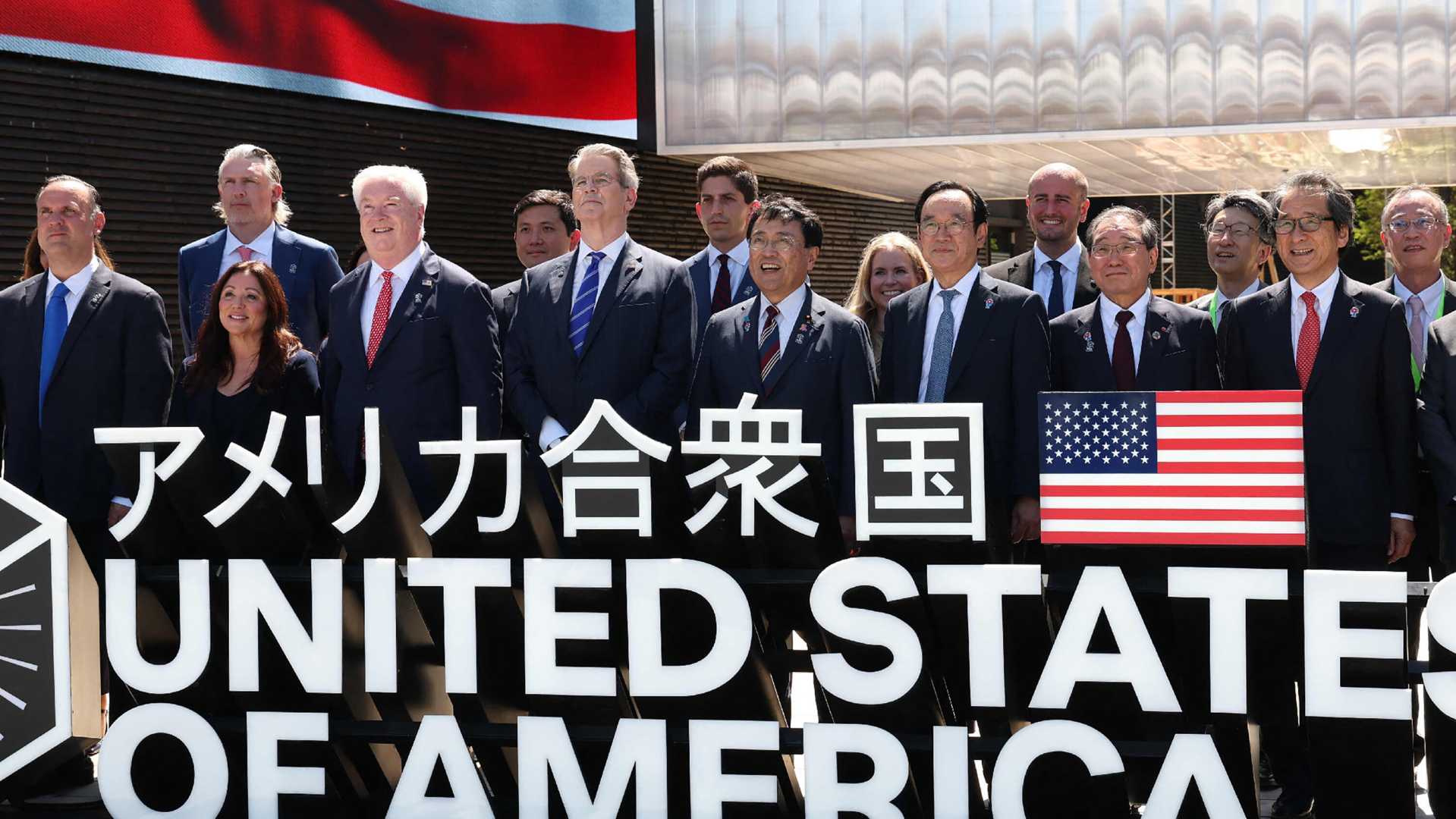Business
U.S. to Announce $550 Billion Japanese Investment This Week

Washington, D.C. — The U.S. government is set to announce a significant $550 billion investment from Japan this week. Commerce Secretary Howard Lutnick revealed this news on Monday during an appearance on Fox News‘ Ingraham Angle.
This investment forms part of a broader agreement between the United States and Japan, with Ryosei Akazawa, Japan’s chief trade envoy, scheduled to visit Washington to finalize the investment package. The funds are intended to support the production of various items in the U.S., including semiconductors, antibiotics, and rare earth materials.
Details regarding the distribution of investment returns between the U.S. and Japan are expected to be solidified during Akazawa’s visit. The deal, initially reached in July, includes a reduced 15% tariff on imports from Japan in exchange for this investment. However, specifics about the investment package itself remain unclear.
During a briefing on Tuesday, Akazawa did not confirm his trip to the U.S. and refrained from commenting on Lutnick’s announcement. Nonetheless, he did emphasize Japan’s commitment to urge the U.S. to implement the agreed-upon tariff reduction promptly.
Despite the impending announcement, reports indicate that Japan prefers to keep the investment arrangements less legally binding. This hesitance comes as the U.S. pushes for a more formal written agreement on the investment plans.
Historically, the deal’s significance escalated when President Donald Trump stated in July that a monumental agreement had been reached with Japan. According to the information released, Japan is expected to invest heavily in the U.S., giving the country 90% of the profits, while Japanese officials maintain that decisions regarding the investments will depend on mutual benefits.
In addition, the $2 billion investment in Intel by SoftBank Group, announced last week, is not included in this package.
The trade dynamics are further complicated with Japan’s bond yields surging, reaching 1.59%—levels not seen since 2008.












